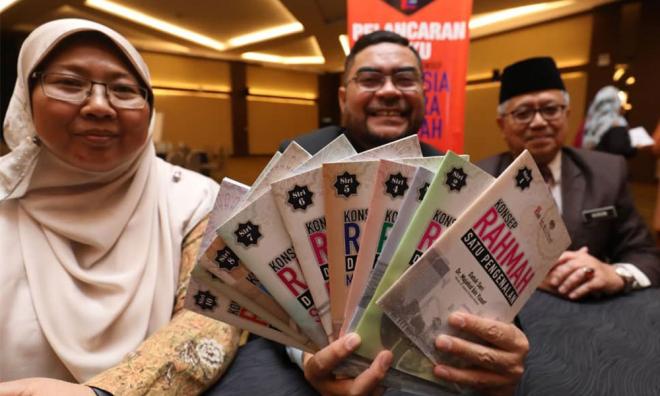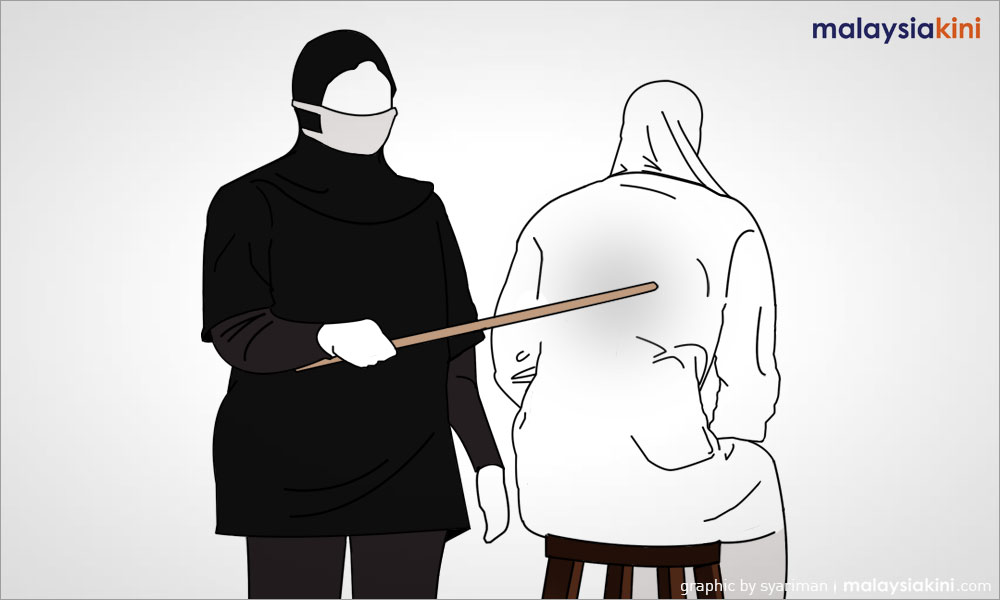
Minister in the Prime Minister's Department Mujahid Yusof Rawa today dismissed accusations by a lawyer-activist that he is a "Minister of Useless Functions".
At a press conference in Penang today, Mujahid said Siti Kasim, who applied the designation him after his interview in BBC's Hardtalk show, can say whatever she wants.
"This is a free country. She has the freedom to criticise what she thinks is not right," Mujahid said when asked to comment on the matter.
"However, at the end of the day, she has to come to terms that we have done much in terms of reforms, especially in the administrative sector of the religious development department," he added.
"One of our main successes is that we managed to bring in the concept of compassionate Islam," he stressed.
Mujahid said the fact that BBC Hardtalk had invited him for an interview is a recognition of his Ministry's efforts to promote Compassionate Islam.
"The fact that we gave a talk in Cambridge University, and I was invited as a speaker at the UN SDGs Summit in KL recently will counter all those terms Siti has used against me and my ministry," he added.

On Nov 16, Siti (above), who recently launched a liberal NGO called Maju (Malaysian Action for Justice and Unity Foundation), said in a Facebook post that during the BBC interview, Mujahid had failed to state how his ministry addressed issues of rising religious extremism in the country.
She had urged Mujahid to resign and close shop, shutting down the Malaysian Islamic Development Department (Jakim) as it was a waste of taxpayers' money.
During the BBC talk hosted by Zeinab Badawi, Mujahid was grilled on issues like calling controversial preacher Zakir Naik "inspirational", the Seafield temple riot, and Malaysia's treatment of the Syiah community.
Asked about the punishment of caning by Islamic authorities which goes against the notion of compassionate Islam, Mujahid said his ministry was looking into such laws.

"These are all set in law already, in Islamic jurisprudence, where we either cane, fine or jail.
"When we took over, we looked into all these existing laws and have set up a taskforce on syariah and civil law," Mujahid replied.
"The public must know this, that we are shifting from punitive to reformative laws, to give a chance to offenders to correct themselves," he noted.
"Now, I cannot do that as there is no provision in law to do it."
Mujahid expressed concern about the existing punitive laws in Islamic jurisprudence, saying his ministry will be guided by compassionate Islam principles when making reforms.
"It's a huge area, so if anyone says I have failed, it is not practical.
"We target setting in motion the reforms by mid-2020.
"We will try to implement it in Wilayah Persekutuan first as this is under our jurisdiction," Mujahid said.
"States follow their state laws, but at least we will have set the benchmark.
"We have spoken to the Yang Di Pertuan Agung and state Jakim heads who are aware of this move."
Earlier, Mujahid, who is defacto Islamic Affairs minister, and his deputy Fuziah Salleh, attended a retreat in Butterworth which saw the unveiling of a series of 10 booklets called "Rahmah".
The books explain the concept of Compassionate Islam in a multi-racial country, illustrating six values promoted by the ministry, including compassion, patience, harmony, friendliness, environment and the practice of mutual respect.
To be distributed freely to a selected 200 "peace ambassadors", including academics and students, Mujahid said the books will help explain the compassionate model. - Mkini



No comments:
Post a Comment
Note: Only a member of this blog may post a comment.